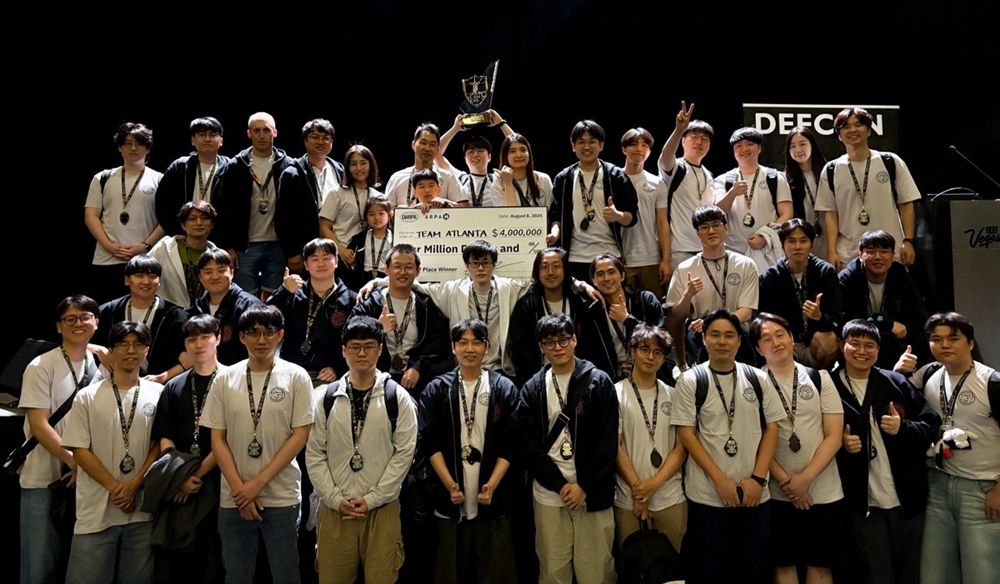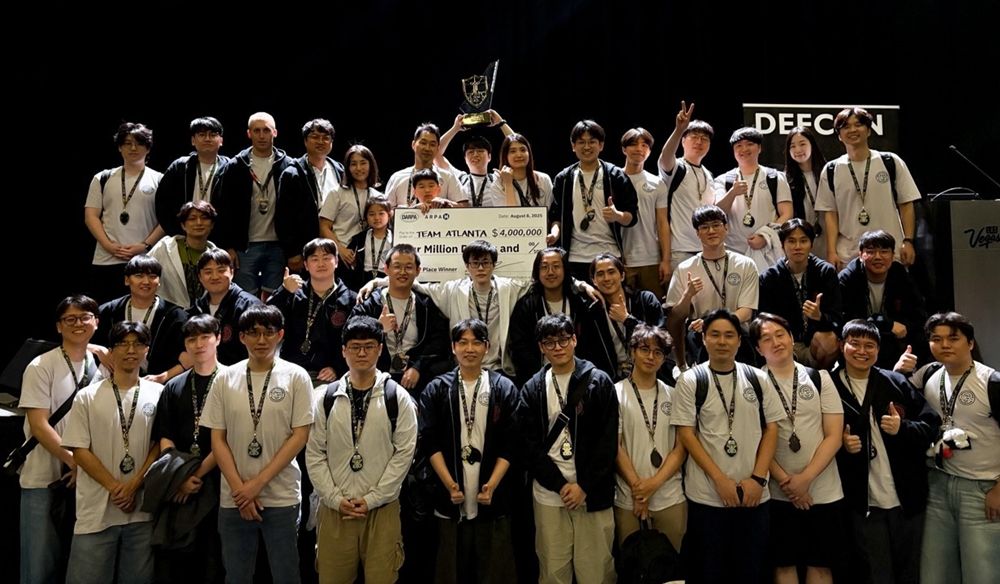NVIDIA just delivered another blockbuster quarter with revenue jumping 56%, proving the AI gold rush shows zero signs of cooling off. The chip giant's latest earnings crush skeptics who've been calling for a demand plateau, as hyperscalers and enterprises continue their frenzied race to build AI infrastructure.
NVIDIA just torched Wall Street expectations again. The AI chip kingmaker reported a staggering 56% revenue surge in its latest quarterly results, sending a clear message that the artificial intelligence boom isn't just continuing — it's accelerating into hyperdrive.
The numbers demolish the bear case that's been building for months. Skeptics have been predicting an AI spending pullback since early 2024, arguing that companies would eventually hit pause on their infrastructure buildouts. Instead, NVIDIA keeps posting results that make previous record quarters look quaint.
[Embedded image: NVIDIA stock chart showing dramatic rise alongside revenue growth]
This performance comes as Microsoft, Google, and Meta continue pouring billions into AI infrastructure. Microsoft alone spent over $50 billion on capital expenditures in its latest fiscal year, with the majority flowing to AI compute capacity. The hyperscale cloud providers aren't just buying NVIDIA's flagship H100 chips — they're fighting over allocation for the next-generation Blackwell architecture.
The enterprise market is driving unexpected momentum. Companies that initially approached AI cautiously are now scrambling to deploy production systems. According to industry analysts, enterprise AI spending accelerated 40% quarter-over-quarter as businesses moved from pilot projects to full-scale implementations.
[Video iframe: NVIDIA CEO Jensen Huang discussing AI infrastructure demand at recent conference]
What makes these results particularly striking is the sustained demand despite premium pricing. NVIDIA hasn't needed to cut prices to maintain volume — if anything, customers are paying more for faster delivery. The company's data center revenue per chip has actually increased as buyers prioritize performance over cost optimization.
The competitive landscape tells the story. AMD and Intel have launched AI chip alternatives, but haven't meaningfully dented NVIDIA's market share. Even Google's custom TPUs and Amazon's Trainium chips primarily supplement rather than replace NVIDIA silicon in their data centers.












